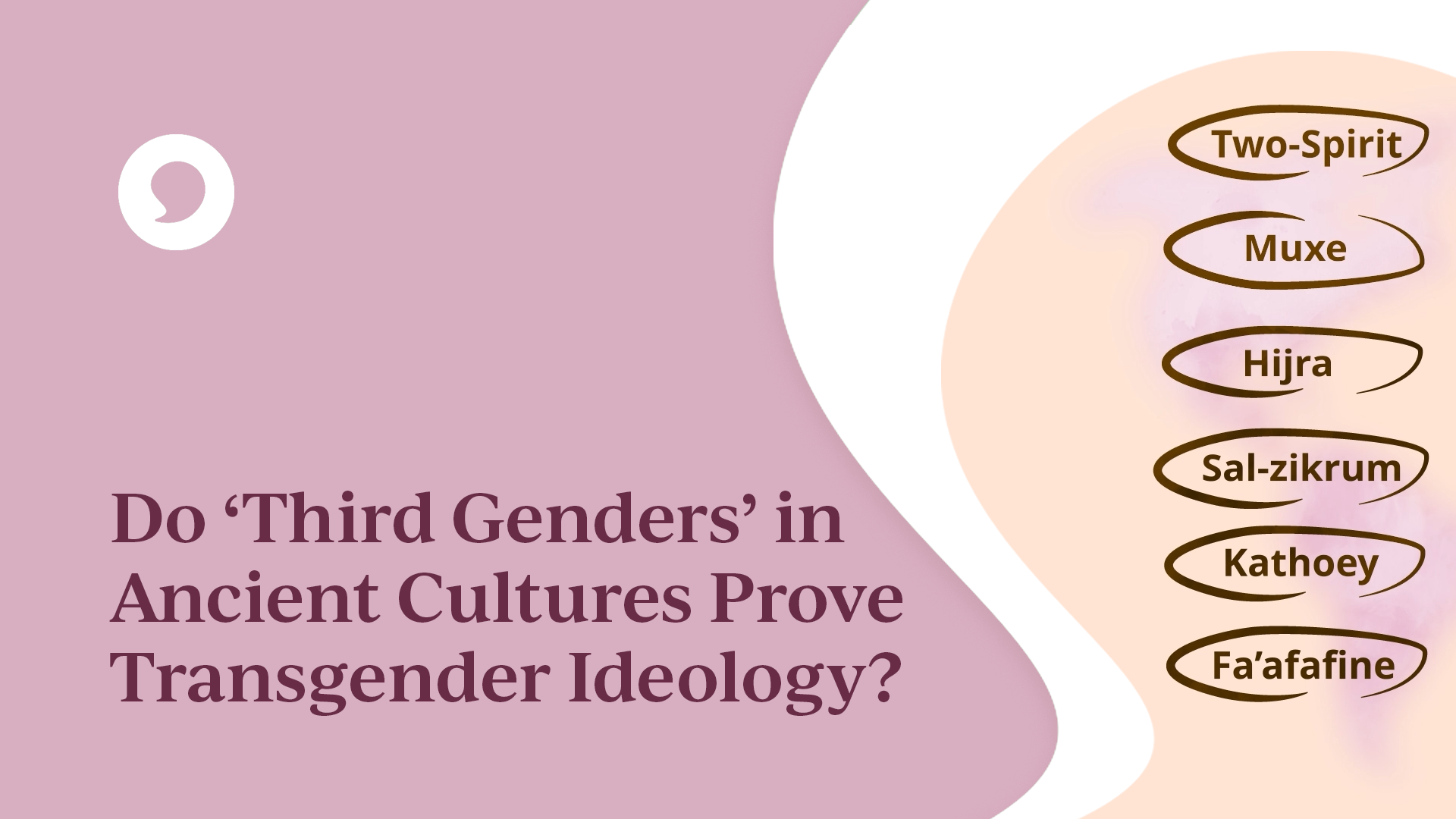Jesus Never Condemned Homosexuality
If Jesus didn’t care enough to say anything about it, why should you?
What Did Jesus Say About Homosexuality? It can be difficult for us to understand the issue. Some people will say Jesus never condemned homosexuality; others will say Jesus did condemn homosexuality.
If the topic does come up, what would you say? This video is here to help offer people a way to think about this complex topic.
- Transcript
- Watch More
You’re in a conversation with someone about whether homosexuality is sin and someone says, “Jesus never talked about homosexuality. If he didn’t care enough to say anything about it, why should you?” What would you say? Some argue today that Christianity is not in conflict with homosexual relationships because none of the gospels record Jesus talking specifically about homosexuality. They take this to mean that Jesus was not actually opposed to homosexual relationships. Is that true? No. And here are four reasons why. Jesus affirmed that marriage is between a man and a woman. When Jesus was asked about marriage in Matthew 19 and Mark 10, Jesus referred his audience back to Genesis. He reminded them that “God made them male and female” and then said “what God has joined together, let not man separate.” In doing so, He identified the three participants in a biblical marriage: a man, a woman, and God. If Jesus believed same-sex marriage was God’s design, He would not have referred to Genesis as the foundation of marriage. Jesus words are never in conflict with the rest of the Bible. The idea that only Jesus’ words in the gospels reflect what Jesus believed misunderstands who Jesus is. Christianity is clear that Jesus is God. He said this himself. He even said that He came to fulfill and not to abolish the rest of the Word of God. Even if Jesus never spoke about homosexuality during his earthly ministry, the rest of the Bible is clear about it. Silence does not equal consent. Even if Jesus had never said anything about sexuality or marriage, that is not evidence that he approved of same-sex relationships. If silence means approval, then we would also be asked to believe that Jesus condones bestiality and incest as well. No one believes that. Jesus’ relative silence shows His agreement with the consensus of the day. In first century Israel, it was universally recognized that homosexuality was sin. Every extra-biblical Jewish source confirms this. Throughout his earthly ministry, Jesus went out of his way to confront and correct misunderstandings about the law, like he did with rules about the Sabbath. When religious rules were in conflict with God’s design, he was not hesitant to say so. But he did not change their understanding about sexuality and marriage. This is more reasonably understood as agreement with the consensus of the day. Let’s review. If someone tells you that Jesus never talked about homosexuality and therefore approves of it, here’s four things to remember. Jesus affirmed that marriage is a relationship between a man and a woman. Jesus confirmed what is written in the rest of scripture. Jesus words are never in conflict with the rest of the Bible. We can’t separate what Jesus said in the gospels from the rest of scripture. He doesn’t allow it. Silence does not equal consent. No one believe Jesus condones bestiality because he didn’t address it in the gospels. Jesus’ silence shows his agreement with the consensus of his day. He could have corrected the consensus on the issue but did not.


